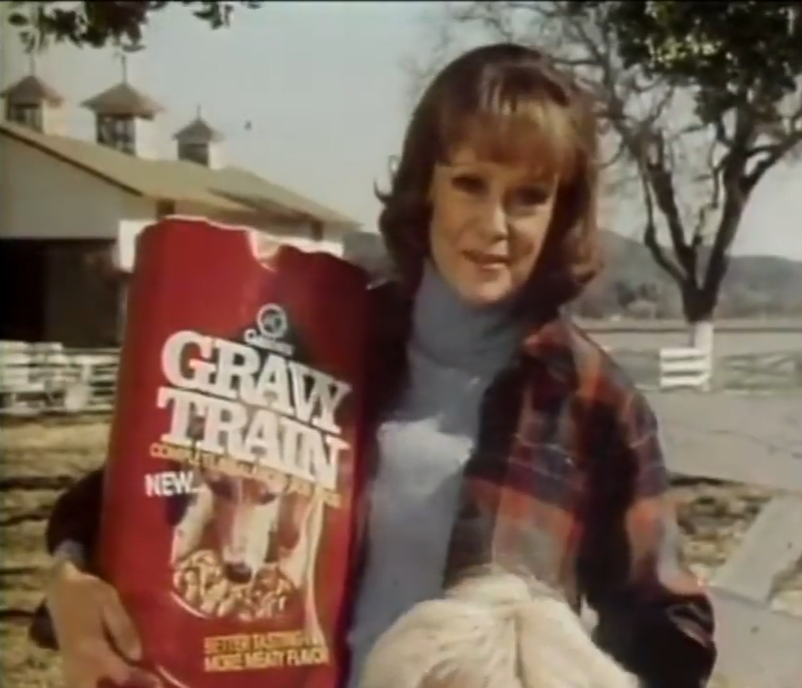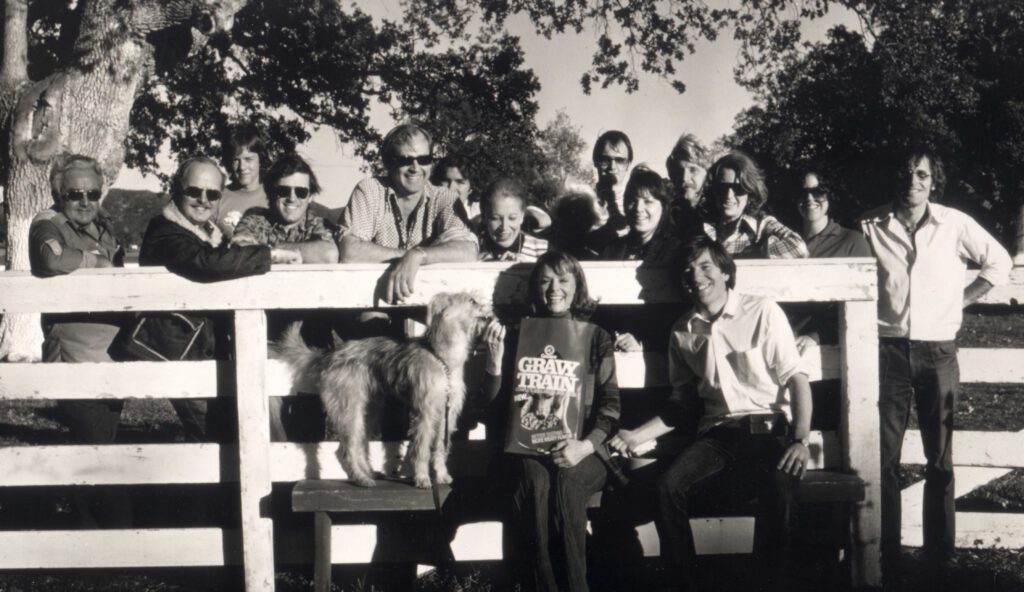US Historian Daniel Boorstin, in his book The Image, noted that “The celebrity is a person who is known for his well-knownness.” That was in the 60s. People’s obsession with celebrity is even more so today.
Why are people so obsessed with celebrities? One theory is the loss of the village.
Our population and communications grew humanity from a village-based society where we each knew everyone to a mass society. As we did, we lost familiarity. With nothing but anonymous passersby, we lost connection with our fellow villagers.

She Was Lassie’s Mom on TV
Capacity to connect with other people is limited by our cognitive ability. We have lots of limits. If we can’t comprehend numbers greater than 7, how can we understand the reality of millions or billions of different people.
Many studies have shown that our capacity to have acquaintances is limited to about the population of a village and not much more. While some people generate Facebook friends in the thousands, they don’t really have relationships with more than a 100 or so.
Our screens have replaced our windows as a view to our village. These screens are not just metaphoric for windows but analogous. We look through this window and see the people of our village. They live in sitcoms, police dramas, soap operas and talk shows. The difference is that we don’t really know these people or their lives, just their make believe lives.
The rise of Entertainment News and print like People, National Inquirer and others attests that we also want to know about their private lives.
We have a para-social relationship with these people. It is a one-way relationship. We know them but they don’t know us.
From an advertising point of view, there is a strength in this relationship. Humans tend to trust the people that they know. That’s how villages work. So, the trust is automatic with a well-known celebrity in a commercial.
Advertisers often use celebrities because of that intimate sense of trust with them. Secondly, the product or service associated with the celebrity gains awareness by association with them. If Wayne Gretzky endorses a cereal, it is quickly a known and trusted product.
Credibility related to expertise, trustworthiness and motivation. While most celebrities have only have expertise in acting, singing or sports. More often than not, for actors, their acting roles are transferred to their personal characteristics. We believe if they act the part that carries some expertise in a movie or TV show, they must have that expertise. As the joke goes, I’m not a doctor, but I have played one on TV.

I have worked with a lot of celebrities and sports figures. For example, June Lockhart was well known as the mother on Lassie and other shows. Based on that imagery she became our spokesperson for Gravy Train dog food. The roles they play are more real and more known than the actor’s real life. They borrow the expertise that for June was raising a family and a smart dog. She brought that with her.
The little stories we see on TV become the daily life of our village passing by just out the window through our TVs. Our loyalty goes with familiarity of the people we see through that window.
Does this really make sense? You be the judge.